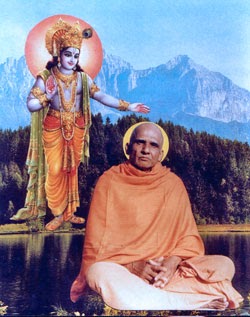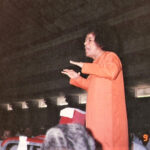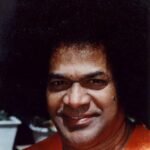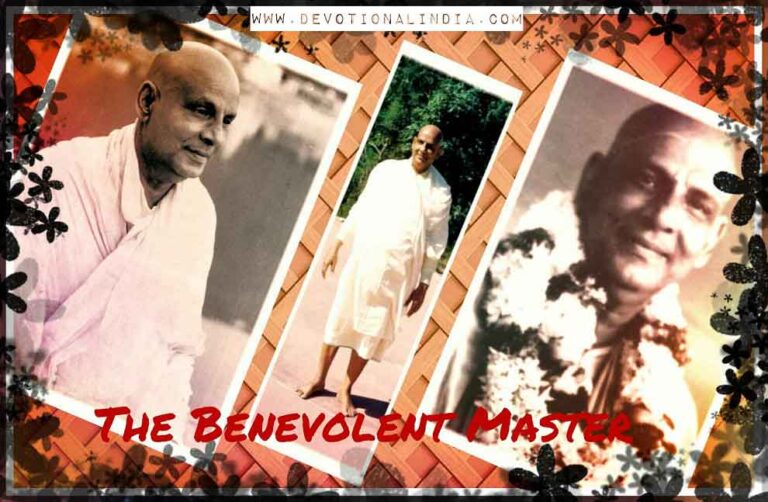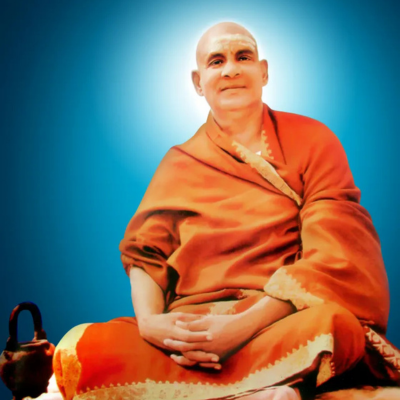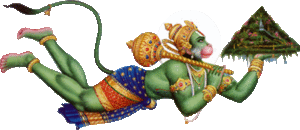Adi Shankaracharya Aparokshanubhuti Book
Aparokshanubhuti

Aparokṣānubhūti, often translated as Direct Experience of the Self or Immediate Knowledge, is a profound Advaita Vedānta text traditionally attributed to Adi Shankaracharya. The term aparokṣa means “direct” or “immediate,” and anubhūti means “experience” or “realization.” Thus, Aparokṣānubhūti refers to the direct, experiential knowledge of the Self (Ātman)—not merely intellectual understanding or theoretical learning, but the actual realization of one’s true nature beyond all doubt.
The central message of the text is that liberation (mokṣa) is not something to be attained in the future or elsewhere—it is the recognition, here and now, of our eternal nature as pure consciousness. The Self is already free, complete, and untouched by the body, mind, or world. However, due to ignorance (avidyā), we mistakenly identify with the body, the ego, and transient mental states. This ignorance creates the illusion of bondage, suffering, and separateness. The purpose of Aparokṣānubhūti is to remove this ignorance through viveka (discrimination), vairāgya (dispassion), and ātma-vicāra (self-inquiry).
The text outlines a step-by-step path for the spiritual aspirant. It begins by stressing the importance of discrimination between the real and unreal. The real is that which is unchanging and eternal—namely, the Self. The unreal is everything that changes, including the body, thoughts, emotions, and external world. True knowledge arises when one ceases to identify with the unreal and abides as the real. This leads to dispassion: a natural letting-go of desires and attachments to impermanent things.
Another key teaching is the practice of neti-neti (“not this, not this”), a method of negating all that is not the Self. By observing that all objects, thoughts, and sensations come and go, the seeker understands that none of them constitute the true Self. The Self is the silent witness, the unchanging awareness in which all experiences appear and disappear. The more this witnessing consciousness is contemplated, the clearer it becomes that one is not the mind or body, but this ever-present awareness.
The text emphasizes that direct experience (aparokṣa) of the Self does not require rituals or external ceremonies. It is gained through knowledge and reflection, especially by meditating on the great Upanishadic statements (mahāvākyas) like “Tat Tvam Asi” (That Thou Art). When the mind is purified and free of distractions, the truth reveals itself spontaneously: “I am pure consciousness, untouched by birth or death.”
Ultimately, Aparokṣānubhūti is both a philosophical and practical guide. It blends Advaitic insight with accessible meditative methods, making it especially valuable for modern seekers who want a direct, experiential path to spiritual realization. It assures us that Self-realization is not reserved for the few, but is available to anyone who seeks sincerely, practices discernment, and turns inward.















